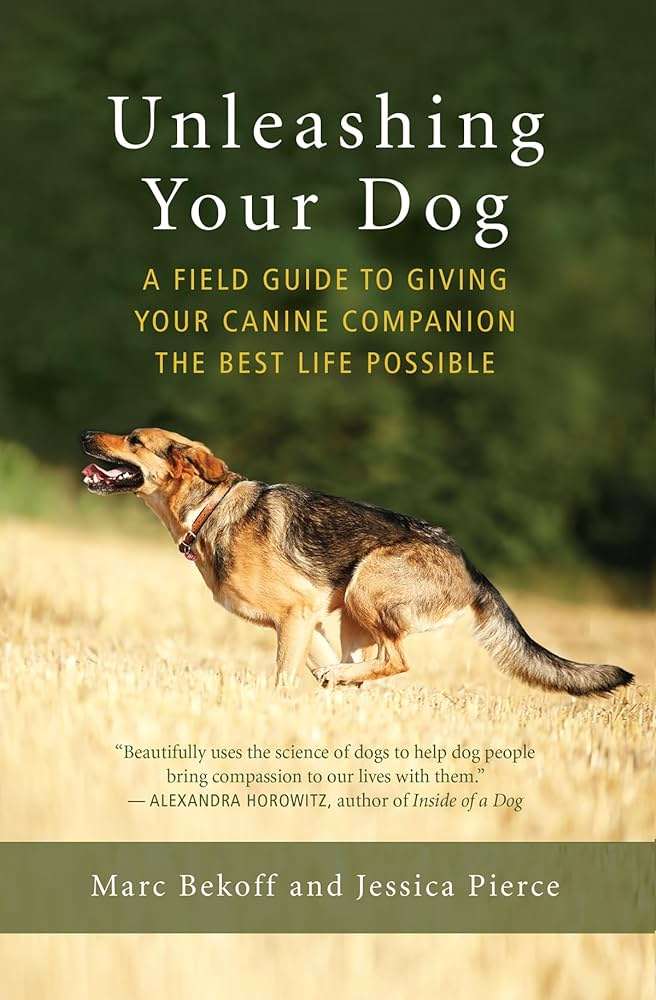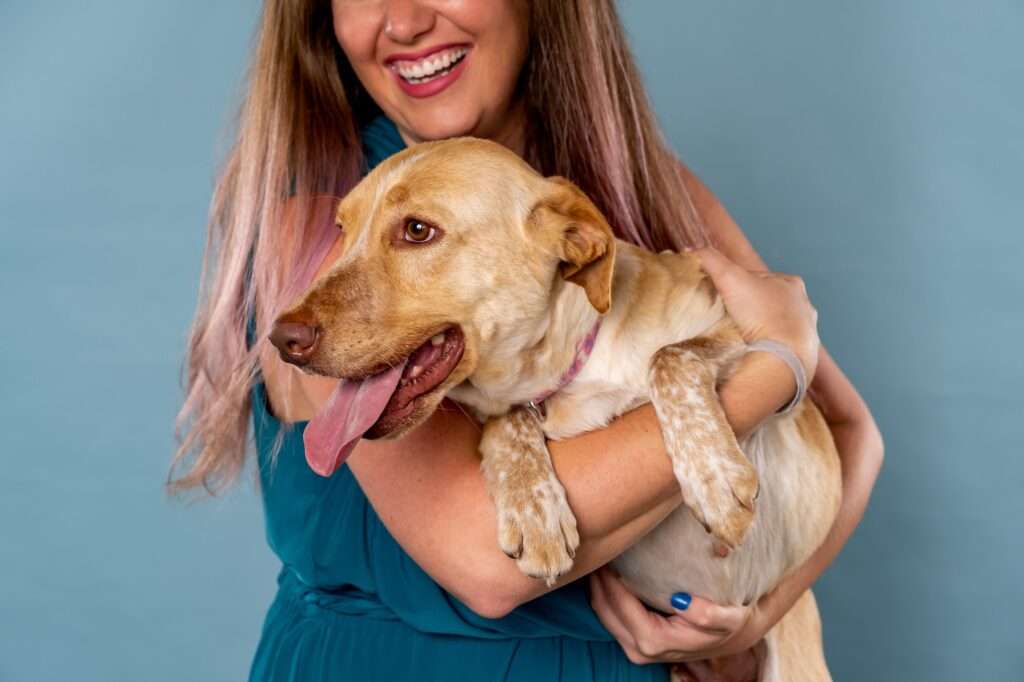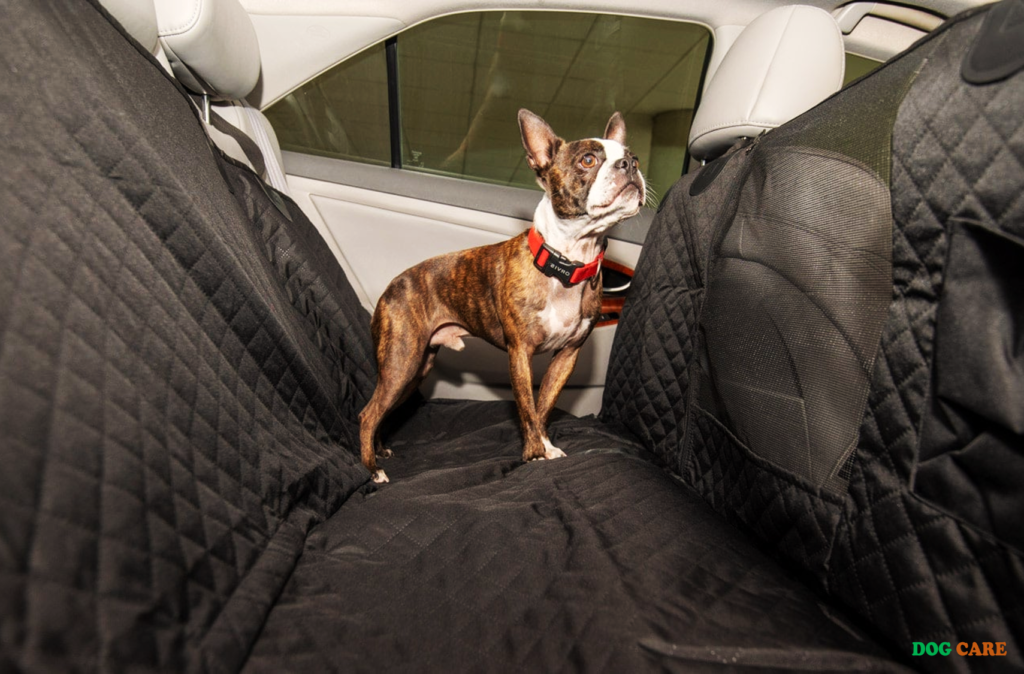How to Be a Self-Sufficient Dog Owner: To take care of a dog by yourself, provide regular exercise, and feed a balanced diet. In addition, schedule veterinary check-ups and offer love and attention to keep your dog happy and healthy.
Taking care of a dog requires dedication and responsibility. Dogs rely on their owners for their physical and emotional well-being. Whether you are a new dog owner or have had dogs before, it is essential to understand the basics of caring for a dog.
From providing exercise and proper nutrition to grooming and vet visits, there are several key aspects to consider. This article will discuss the fundamental steps you need to take to ensure your dog’s well-being. Following these guidelines will help you develop a strong bond with your four-legged companion and create a fulfilling life together.
Taking care of a dog by yourself can be both exciting and challenging. As a responsible dog owner, it’s crucial to prioritize your furry friend’s well-being. Whether you’re a first-time dog owner or simply need a refresher, this guide will outline the key aspects of dog care that you should keep in mind. By creating a safe and comfortable environment, providing proper nutrition, maintaining regular exercise, attending to healthcare needs, and training and socializing your dog, you can ensure that your four-legged companion leads a happy and healthy life.
Create A Safe And Comfortable Environment
Creating a safe and comfortable environment for your dog is paramount. Start by preparing a designated space in your home where your dog can rest, eat, and play. Make sure this area is free from hazards such as toxic plants or dangerous objects that your dog could chew on. Consider using baby gates or pet enclosures to limit their access to certain areas if needed.
Additionally, provide your dog with cozy bedding and toys to keep them entertained. Ensure that the temperature in their living space is suitable and that they have access to clean water at all times. By ensuring a safe and comfortable environment, you can help your dog feel secure and content.
Provide Proper Nutrition
Proper nutrition is crucial to maintain your dog’s overall health and vitality. Consult with your veterinarian to determine the right diet for your dog based on their breed, age, and specific needs. Feed them high-quality dog food that is rich in essential nutrients, including proteins, carbohydrates, fats, vitamins, and minerals.
Establish a regular feeding schedule and avoid overfeeding your dog, as obesity can lead to various health issues. Additionally, refrain from giving them harmful foods such as chocolate, grapes, or onions, which can be toxic to dogs. By providing your dog with a balanced and nutritious diet, you can enhance their well-being and promote longevity.
Maintain Regular Exercise
Regular exercise is crucial to keep your dog physically and mentally stimulated. Engage in activities such as daily walks, play fetch, or take them to a dog park where they can socialize with other dogs. Tailor the exercise routine to your dog’s age, breed, and health condition.
Adequate exercise helps prevent weight gain, improves cardiovascular health, and reduces anxiety and destructive behaviors. Keep your dog on a leash during walks to ensure their safety and consider using puzzle toys or agility equipment to challenge their intelligence. By incorporating regular exercise into their routine, you can contribute to their overall well-being and happiness.
Attend To Healthcare Needs
Regular veterinary care is essential to maintain your dog’s health and prevent potential diseases. Schedule routine check-ups, vaccinations, and parasite control treatments as recommended by your veterinarian. Monitor your dog for any signs of illness, such as changes in appetite, behavior, or skin conditions.
Brush their teeth regularly to prevent dental issues and maintain their oral hygiene. Trim their nails to a safe length to avoid discomfort or injury. Pay attention to their eyes, ears, and coat, and seek veterinary attention if you notice any abnormalities or concerns. By staying on top of their healthcare needs, you can ensure that your dog remains healthy and happy.
Train And Socialize Your Dog
Training and socializing your dog are vital for their development and well-being. Teach them basic commands such as sit, stay, and come, and establish consistent boundaries and rules. Use positive reinforcement methods, such as treats and praise, to encourage good behavior and discourage negative actions.
Socialize your dog by introducing them to other dogs, people, and various environments. This helps them become well-rounded and confident, reducing the likelihood of aggressive behavior or fearfulness. Enroll them in puppy classes or hire a professional trainer if needed to ensure they receive proper training and socialization. By investing time and effort into training and socializing your dog, you can build a strong bond and foster good behavior.

Frequently Asked Questions Of How To Take Care Of A Dog By Yourself
How Much Food Should I Feed My Dog Every Day?
The amount of dog food depends on your dog’s size, age, and activity level. Generally, it’s recommended to follow the guidelines on the dog food packaging, adjusting as needed to maintain a healthy weight.
What Is The Best Type Of Exercise For A Dog?
The best exercise for a dog varies depending on their breed and energy level. Generally, a combination of daily walks, playtime, and mental stimulation activities like puzzle toys or training sessions is recommended.
How Often Should I Groom My Dog?
The frequency of grooming depends on your dog’s coat type. Dogs with shorter coats may only require brushing once a week, while those with longer or thicker coats may need daily brushing and occasional professional grooming.
What Vaccinations Does My Dog Need?
Common vaccinations for dogs include rabies, distemper, parvovirus, and adenovirus. The specific vaccinations needed may vary based on your dog’s age, lifestyle, and local regulations. Consult with your veterinarian to determine the appropriate vaccinations for your dog.
How Do I Prevent Fleas And Ticks On My Dog?
To prevent fleas and ticks, use a monthly topical or oral preventive medication recommended by your veterinarian. Regularly check your dog’s fur for signs of fleas or ticks, and groom them with a flea comb. Keep your living environment clean and treat any infestations promptly.
Conclusion
Taking care of a dog by yourself may seem intimidating, but with the right guidance and dedication, it is manageable. From creating a routine to ensuring a healthy diet and regular exercise, these steps can greatly contribute to maintaining your dog’s overall well-being.
By providing love, attention, and a safe environment, you are set to embark on a wonderful journey as a responsible dog owner. Remember, a happy and healthy dog is a testament to your commitment as their caregiver. So go ahead, embrace this new responsibility, and enjoy the unconditional love and companionship that a dog brings into your life.


